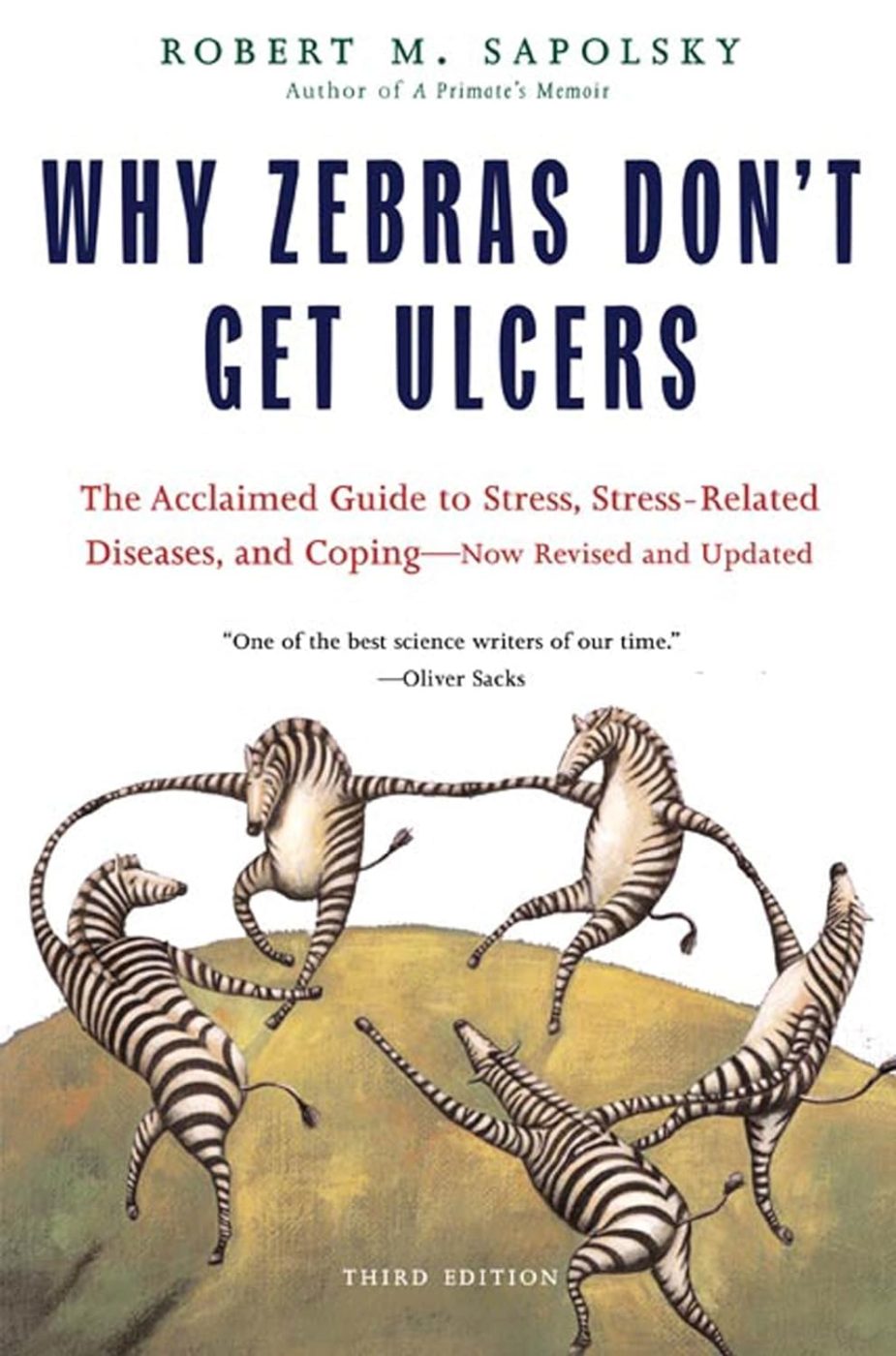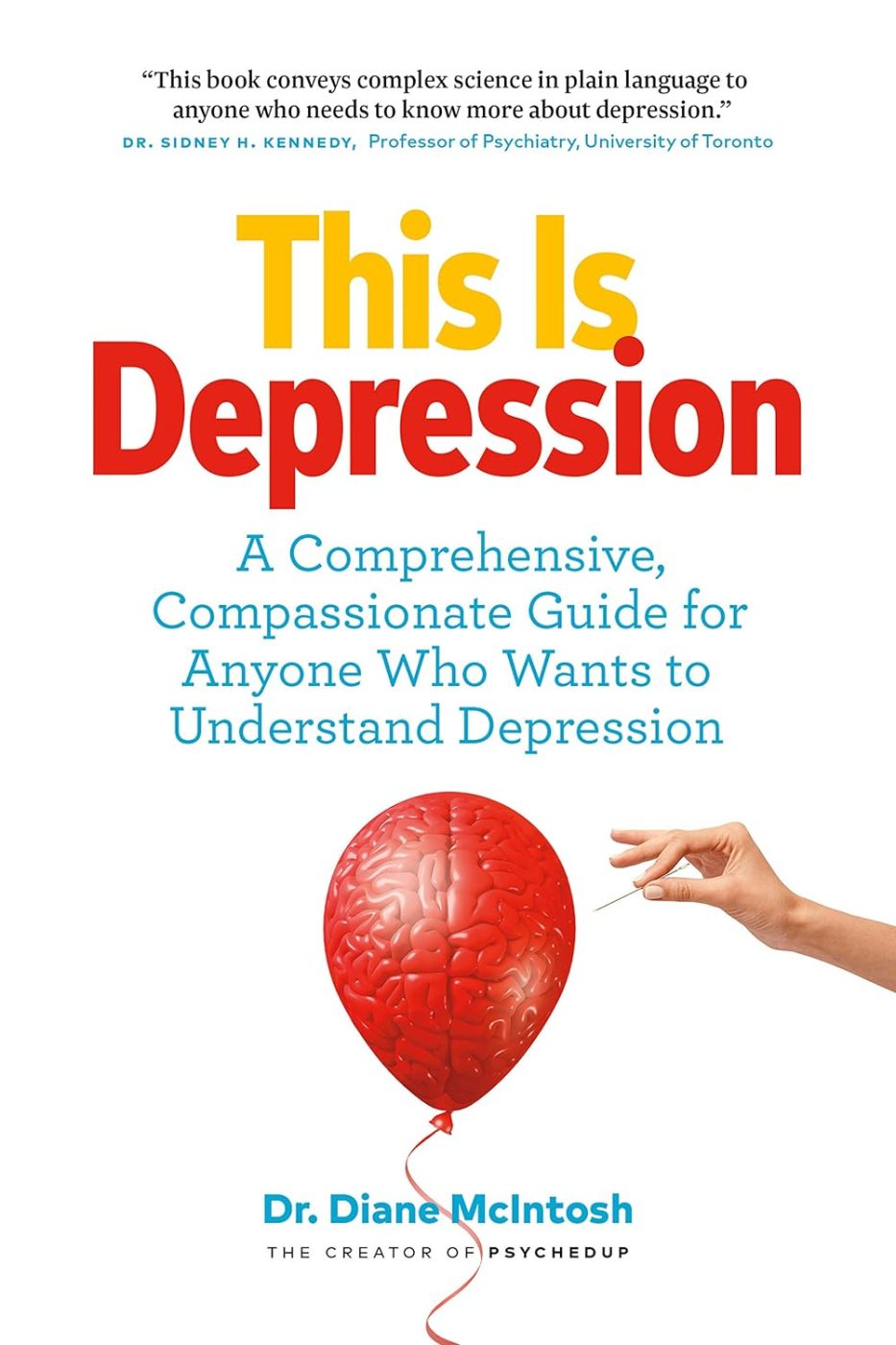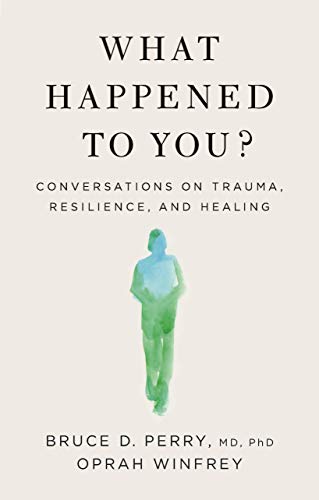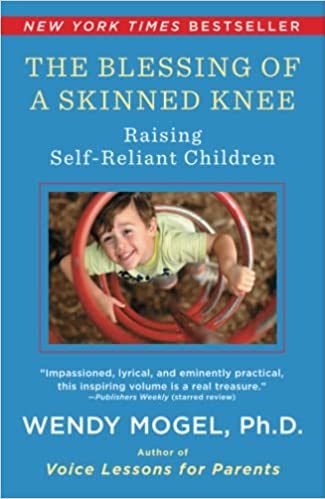Teen Mental Health
Written by Maisy Maranville
High School Junior
Mental health awareness has been vastly growing over the last few years, people are advocating for the young, the old, the rich, the poor, and everyone in between. One group that is getting extra attention is teenagers. As a teenager who struggles with mental health, it is nice to feel validated, heard, and helped. One thing that we as teenagers are used to due to the fact, we are just reaching the tip of the iceberg on adulcy, is being spoken for; this happens a lot when it comes to mental health. Adults – including parents, teachers, coaches, aunts, uncles, and grandparents – try their best to understand what is going on in our brains, but why not just hear it right from us? I will focus on not only me but also some of my close friends and their opinions on stressors, ways to cope, and how to get the help you need. It is time to bring light to the little things that people can easily gloss over.
I will be interviewing a few of my friends, so, as a reader, you will be able to have more than one point of view. For right now as a teen who has struggled with mental health themselves and diagnosed with severe anxiety, there are many key stressors that get overlooked. Obviously, stressors are things such as jobs, social status, friend groups, relationships, family lifestyles, sports, or academic pressure, the list can go on. Personally, I relate to academic and sports pressure the most: the need to always succeed can get daunting. In school you want to be smart and try hard but not let it ruin your life, you still want to be able to see your friends on the weekends or go to Friday Night Lights. Not have to stay up until 1 am because you had practice and still need to get 100% on your Chem test the next day. This similarly goes with sports, the need to succeed, score this many goals, get MVP, or win a state title. Maybe even smaller than that, always be the first one to finish sprints or make that last shot to end practice early, you never want to let anyone down, and that is ultimately dragging you down. When you can come to terms with the fact that it is okay to prioritize your mental health, you will see yourself excel tremendously. I also find things such as uncertainty, or situations that can go multiple ways terrifying, and I tried to avoid them as much as possible. Finally, when I couldn’t keep running away, after 3 years I reached out for help. I saw multiple doctors to get the medicine that would fit me best, and it did. Now I can start to enjoy the things I once loved again without constantly thinking that the worst outcome was going to come true. If your child is saying they are stressed and mention any of those previously listed topics, sit down and try to talk more to them about specific things that make them stressed. You might find out more than what was just lying on the surface.
Now, I have some of my close friends who are huge advocates for mental health. If you are a parent or an important figure in someone’s life wondering these same things, or if you are a teen wondering if there are other people like you out in the world, keep reading.
I talked to one of my close friends Sam. We go to the same school and recently got close over the past few years playing the same sport. Today we are going to read about her point of view on teen mental health. One of the first things we went over in her interview was what her most stressful part of her everyday life was, and how she likes to cope when she is under that stress, anxiety, and even depression. Sam said, “The most stressful part of my life is school because it requires a lot of time and energy. Also, I put very high expectations on myself when it comes to school and then stress over them.” School is one of the number one issues kids our age face, either that’s due to social issues, academic pressure, or even athletic pressure, but how does she cope? Sam tells me, “I like to work out when I get stressed. I also like to shop and read books when I get stressed.” These are all healthy ways to cope. Another thing we went over was if Sam thought stress, anxiety, or depression was common in teens. Sam informs us, “Yes, I do because most of my friends often complain about stress and have experienced anxiety and/or depression.” This question brings us to our next one. Do you feel you can talk to your parents and be open with them about what is going on in your life? This is going to be different for every teen. Sam tells us her situation, “Yes, I do because my parents are very supportive of my mental health and provide me with resources to get the help I need.” Not every teen is blessed with this situation, but there are sure ways to still be able to talk to your parents or important figures in your life and get them to listen to you. With this interview, I hope it helped you as a reader understand more about what goes through our heads as teens, and how you can help, the biggest help, is just being there with open arms and open ears. Keep reading to hear more about what goes on in our brains.
My next close friend, Nora experienced the same feelings but for different reasons. Social settings and relationships cause her anxiety because of the pressure to ‘people please’. This is a very common symptom of anxiety, and it is one of the toughest to conquer. Why might you ask? Well, you will never be able to tell what is going on in other people’s brains, so how do you know you are pleasing them? It might sound simple, but you just have to trust yourself and know who you are as a person, and some people don’t, which is where it becomes a very gray area for a lot of people. Anxiety can come in many different forms, whether that is short-term periods of severe consumption where it is all the person can think about, or it can be chronic and will cause you to lose yourself for days on end. It can make people opt out of things they would normally enjoy or even better yet, get them out of that anxiety box you almost feel as if you are suffocating in. Nora and Sam both heavily laid into and support the idea of getting a therapist, therapists are known to help tremendously. Now, getting a therapist is not an overnight task. You have to find what you like in a therapist, characteristics, if your personality matches, and if they are helping you in ways you feel you need. Therapists can help you cope, learn new tactics, and develop new, healthy habits. Some healthy habits myself and the people I interviewed would suggest planning ahead, setting realistic goals, and still putting your mental health first even on the road to recovery.
Teen suicide is the second leading cause of death currently. Reach out if you think yourself, your friend, your family member, or anyone you wouldn’t want to see go, needs help. It is more important now than ever to help each other, and to help yourself. There is someone who wants you here, even when you feel like there is not.
I hope this article helped you get an inside look at what happens in the mind of a teenager. Either you are one yourself and want to know if it is just you feeling this way, or if you are an adult who went through this, or an adult who feels lost in the tangled, confusing, deep brain of a teen. Mental health awareness is still growing today; we are learning new points of views and retrieving more and more data. There is a lot of room to grow, but the amount of growth so far is tremendous.










